Scientists have developed a marker pen to deliver tetrodotoxin, a powerful neurotoxin found in pufferfish, to treat severe skin pain.


Scientists have developed a marker pen to deliver tetrodotoxin, a powerful neurotoxin found in pufferfish, to treat severe skin pain.
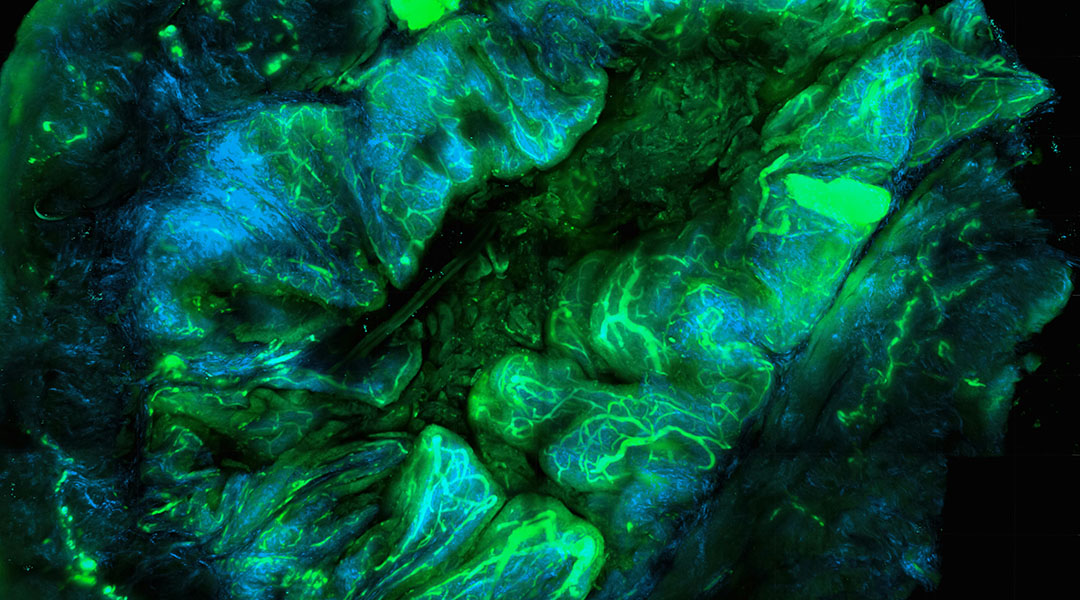
Scientists integrate light therapy and antibiotics into a single platform to help the body create its own tumor vaccine.

A hydrogel delivers therapeutic molecules to the brain after a stroke, promoting blood vessel regrowth and aiding recovery.
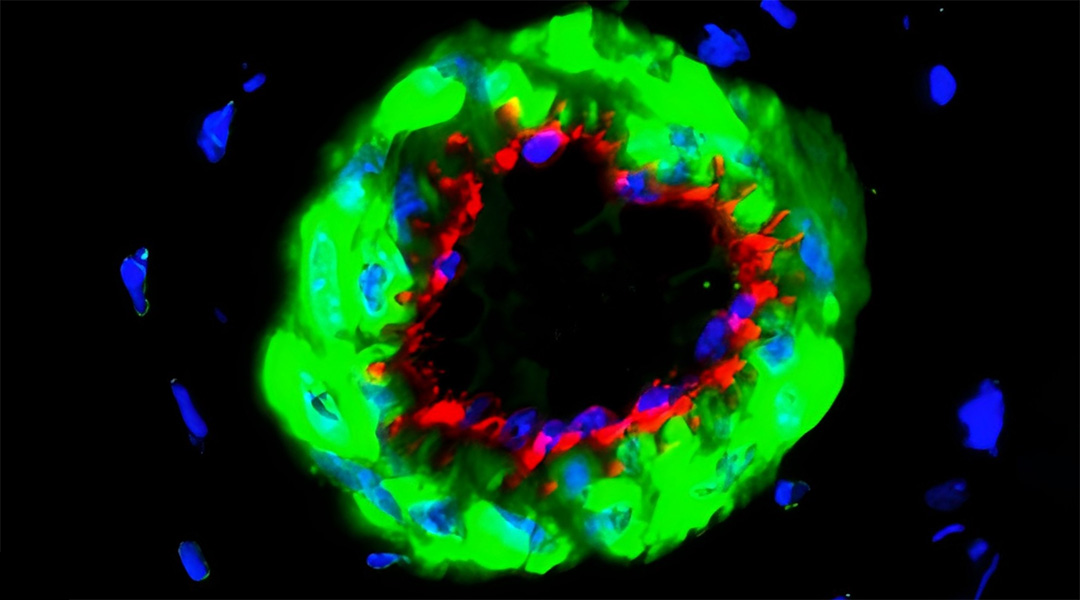
This safer, non-surgical treatment for diabetic limb ischemia could help patients with severe blood flow complications.
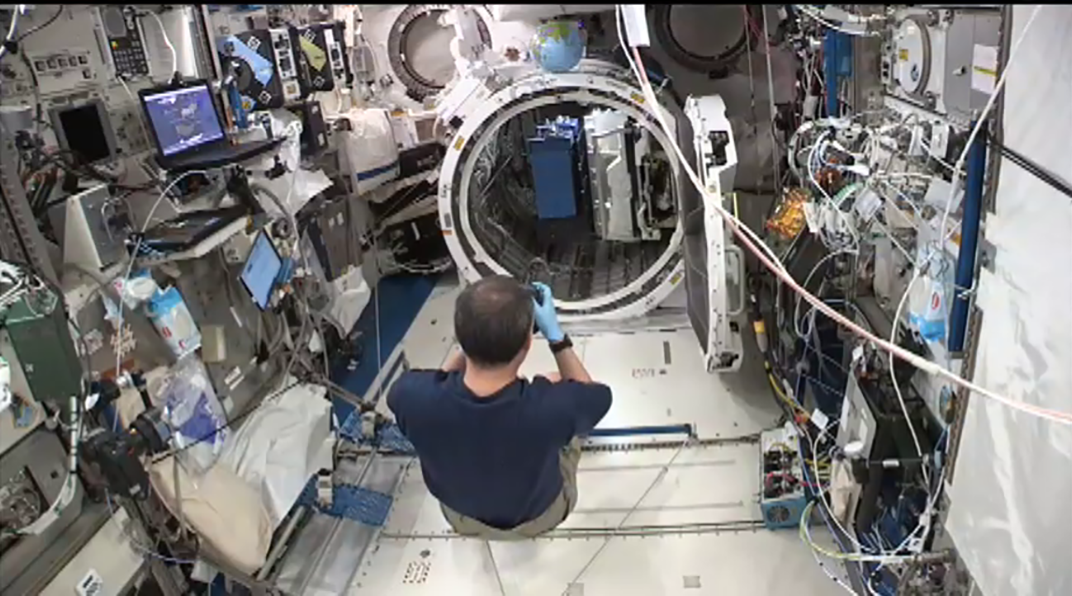
Cosmic radiation degrades medications like ibuprofen, highlighting the need for new “space” medicines with modified formulations.
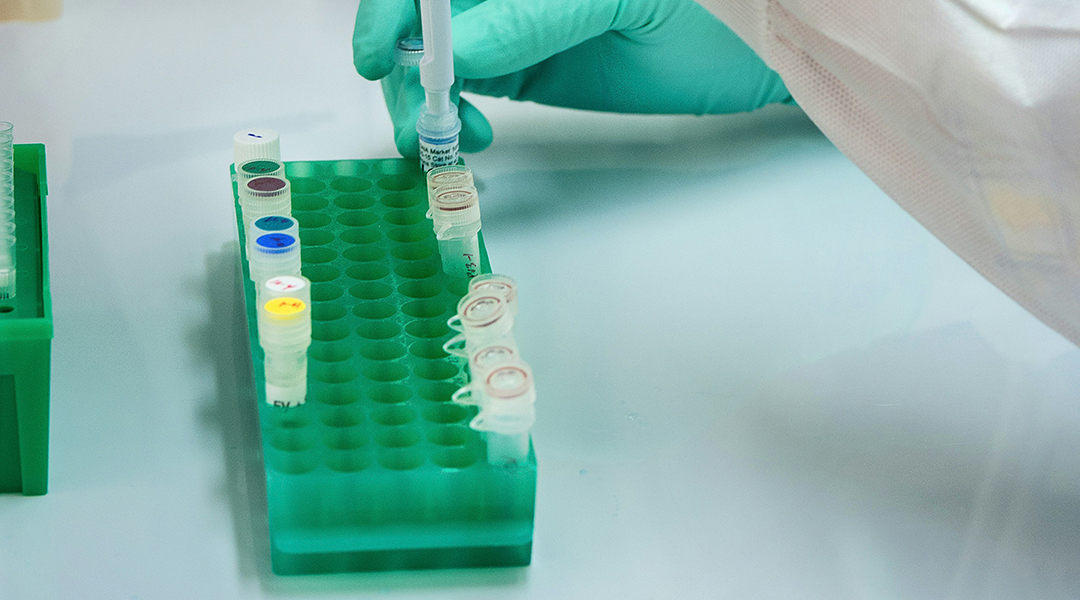
Scientists are using decorated nanoparticles to precisely target tumors with chemotherapy, effectively reducing side effects.
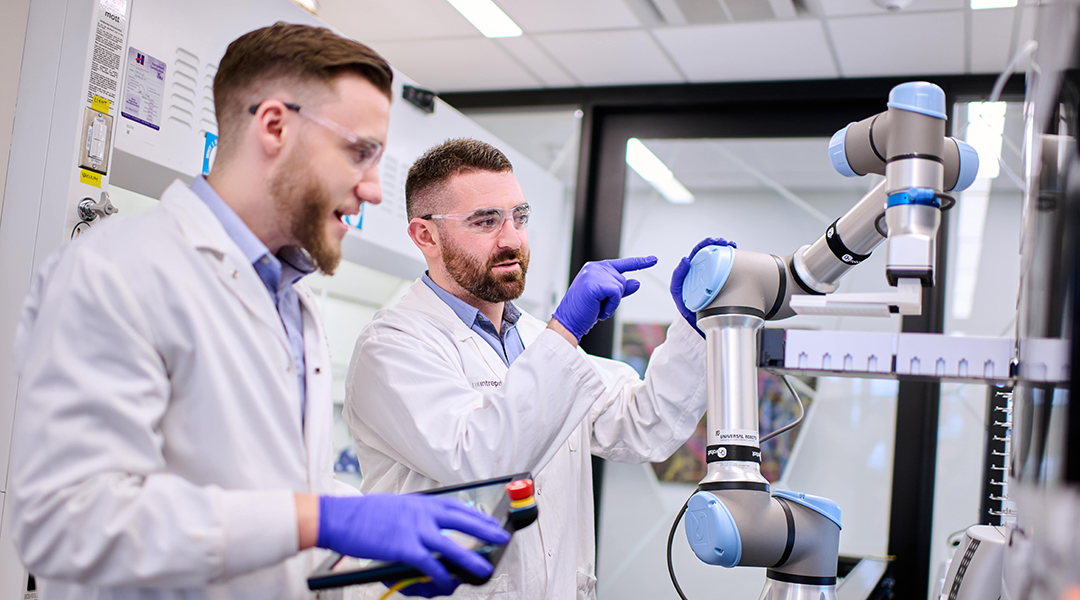
Scientists are speeding up drug formulation to breath new life into old medications and reduce risk of clinical trial failure.
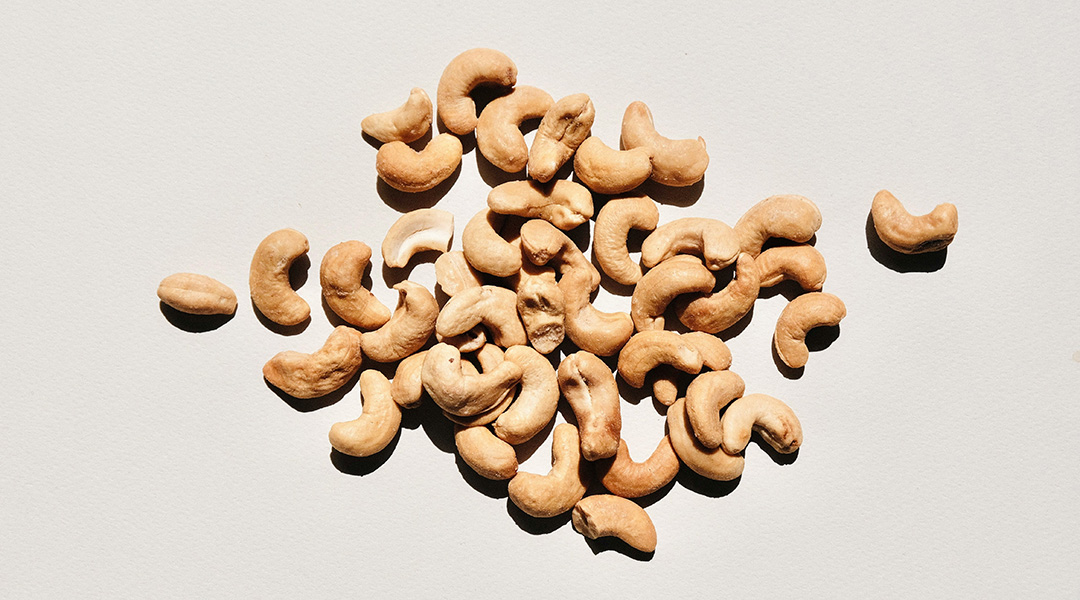
Encapsulating allergens in nanoparticles was found to reprogram the immune system, suppressing severe reactions to food allergies.
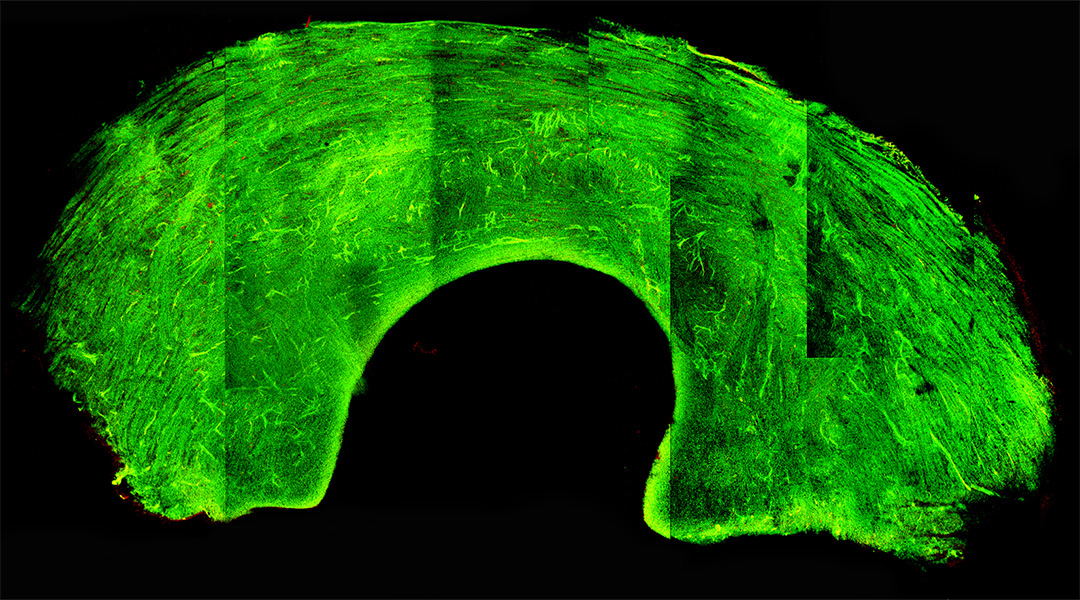
A cryopreservation technique puts graft tissue into a glass-like state, preserving cells and viability during long-term storage.
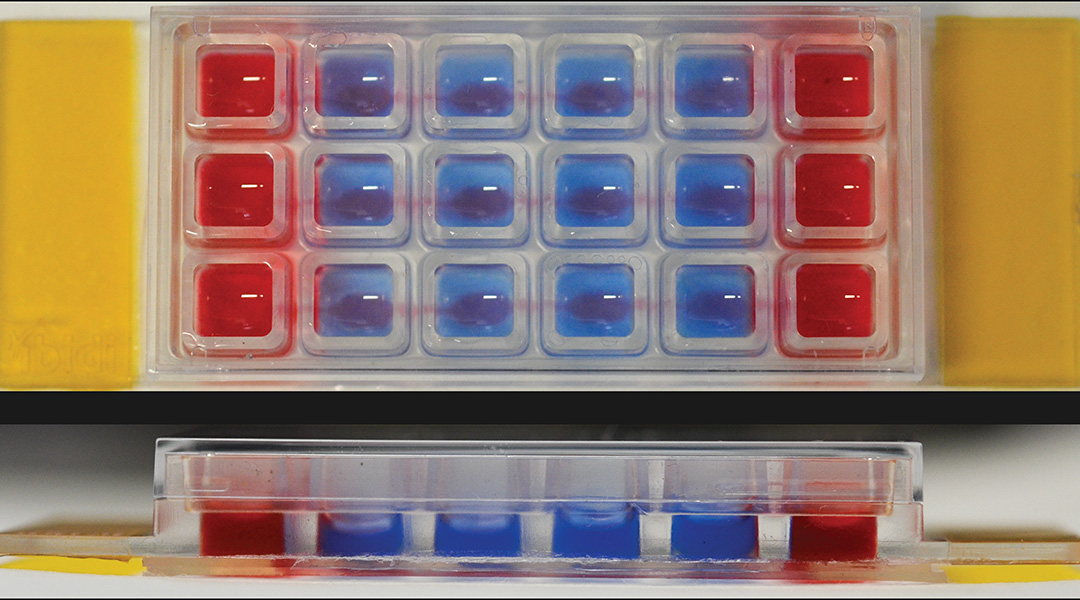
A microfluidic chip could help researchers uncover the unknown underlying mechanisms that cause inflammatory bowel disease.